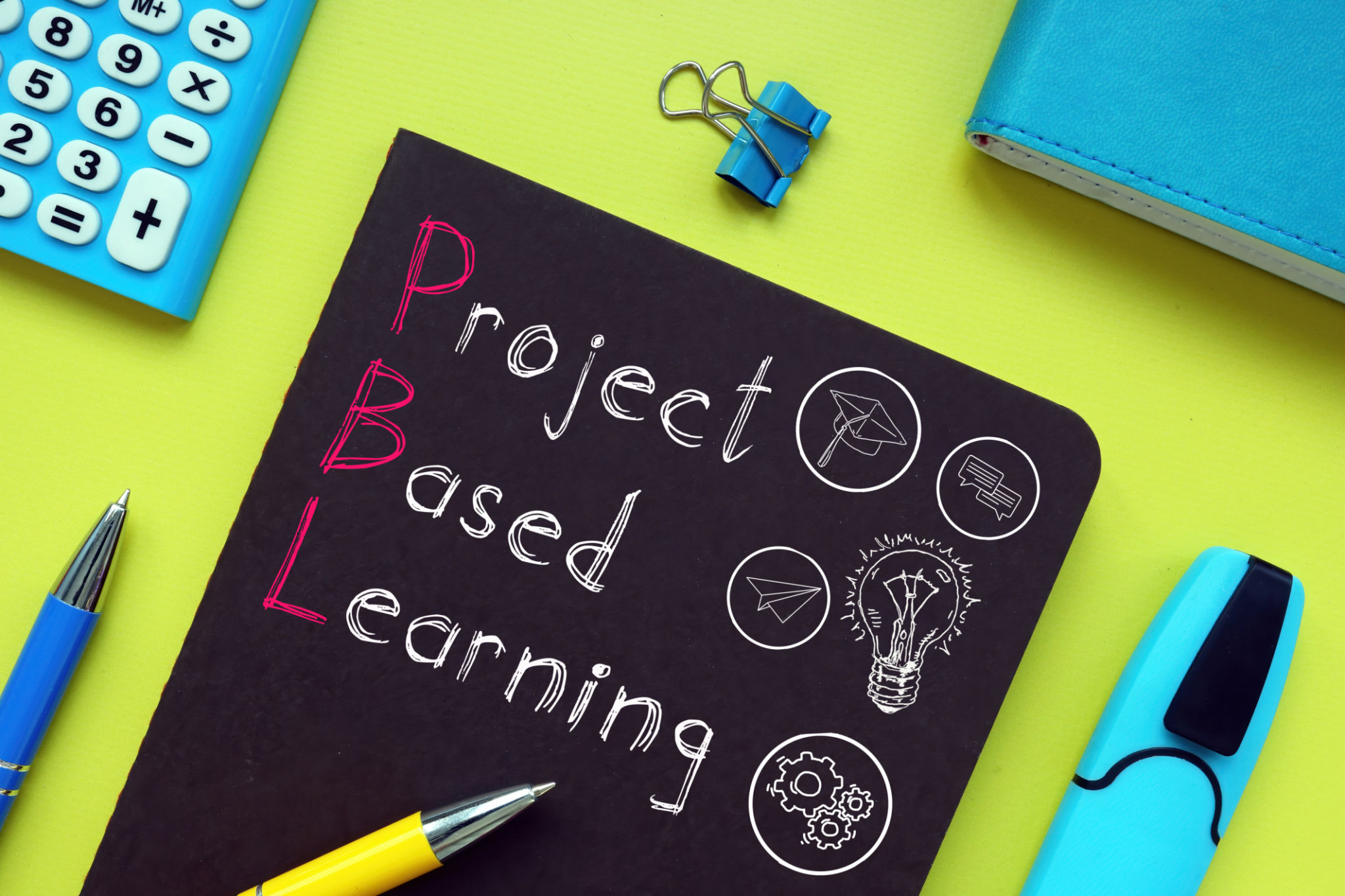Top Educational Trends Transforming Teaching Methods Today
Introduction to Modern Educational Trends
In today's rapidly evolving world, educational trends are constantly transforming the way teaching is conducted. With advancements in technology and a deeper understanding of how students learn, educators are adopting innovative methods to enhance learning experiences. This shift not only makes education more engaging but also prepares students better for the future.
Blended Learning and Flipped Classrooms
Blended learning combines traditional classroom methods with online educational materials, allowing for a more flexible learning environment. This approach enables students to learn at their own pace and provides teachers with the opportunity to offer personalized guidance. Flipped classrooms, a subset of blended learning, involve students studying new content at home and applying knowledge through activities in class. This method encourages active participation and collaborative learning among students.

Gamification in Education
Gamification involves integrating game mechanics into the learning process to increase student engagement and motivation. By incorporating elements such as points, badges, and leaderboards, educational experiences become more interactive and enjoyable. This approach not only fosters competition but also encourages students to take an active role in their education.
Moreover, gamification can help develop critical thinking and problem-solving skills as students navigate through challenges and puzzles. As technology continues to advance, the potential for gamification in education will only grow, providing new opportunities for educators to captivate their students.
Personalized Learning and Adaptive Technology
Personalized learning tailors educational experiences to meet individual student needs, preferences, and abilities. By utilizing adaptive technology, educators can create customized learning paths that accommodate diverse learning styles. This approach ensures that students remain engaged and receive the support they need to succeed.

Adaptive technology uses data analytics to monitor student progress and adjust the curriculum accordingly. This real-time feedback allows teachers to identify areas where students may need additional support and modify their teaching strategies to address these gaps.
Project-Based Learning (PBL)
Project-Based Learning (PBL) is an instructional method where students learn by actively engaging in real-world projects. This hands-on approach encourages critical thinking, collaboration, and problem-solving skills as students work together to explore complex issues. PBL not only enhances understanding of subject matter but also helps students develop essential life skills that are crucial for success in the workforce.

As educators continue to integrate PBL into their teaching methods, they foster an environment where students are empowered to take ownership of their learning. This trend is gaining momentum as schools recognize the value of experiential learning in preparing students for future challenges.
The Role of Artificial Intelligence in Education
Artificial Intelligence (AI) is revolutionizing education by offering intelligent tutoring systems and personalized learning experiences. AI-powered tools can analyze student performance data to provide tailored feedback and recommendations, helping educators identify areas for improvement. Additionally, AI can automate administrative tasks, freeing up valuable time for teachers to focus on instruction.
The integration of AI in education not only enhances teaching methods but also provides students with a more engaging and effective learning experience. As this technology continues to advance, its impact on education will be profound, shaping the future of teaching and learning.